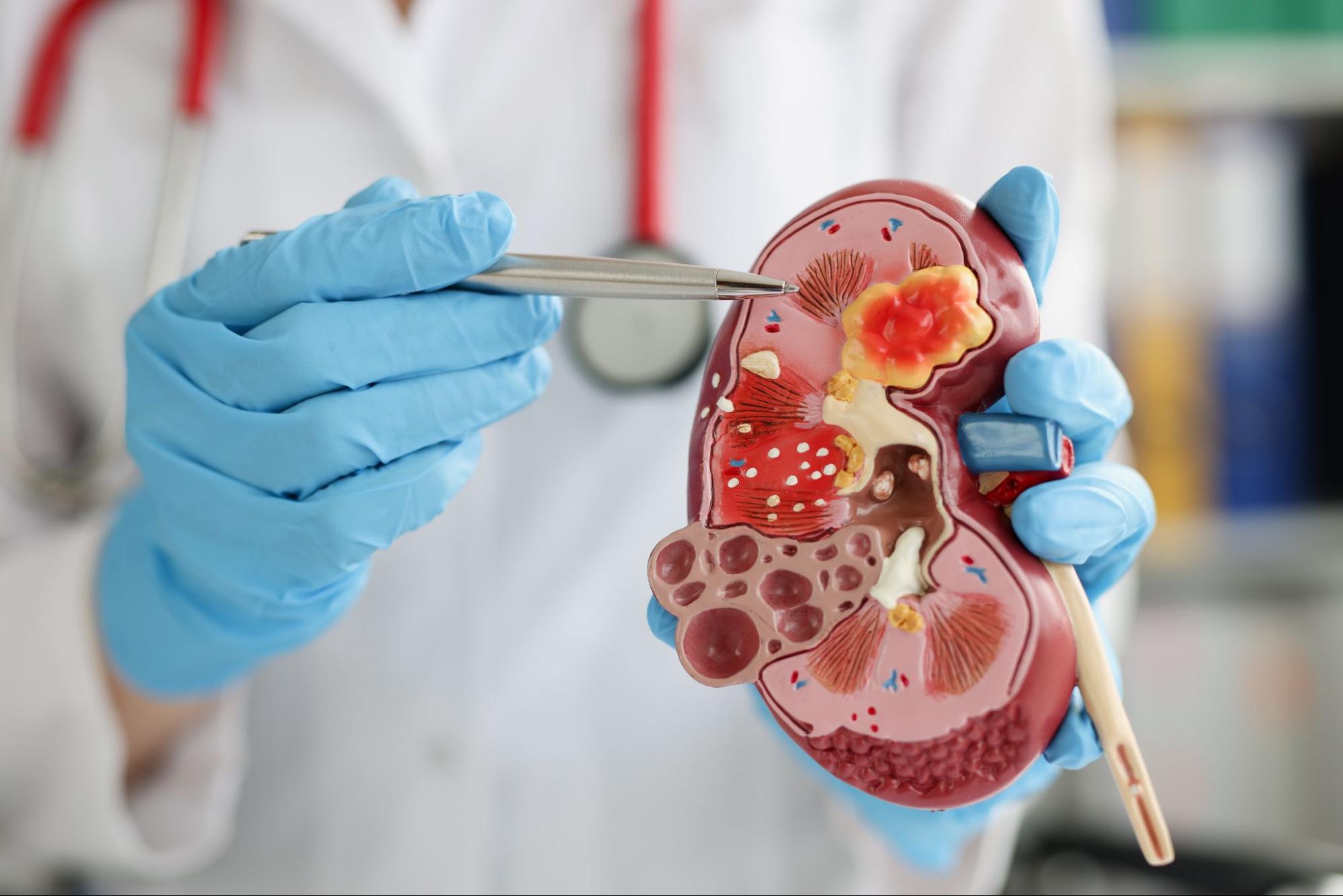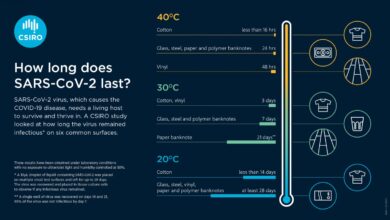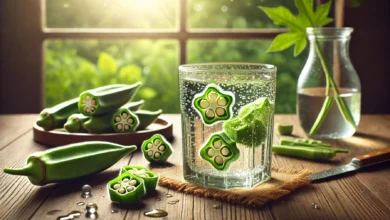Understanding Kidney Stones: Causes, Symptoms, and Prevention

Kidney stones are a common medical condition that can cause significant discomfort and health complications if not addressed promptly. In this article, we will explore the causes, symptoms, and ways to prevent . Let’s dive in to learn more about this condition and how to deal with it effectively.
What Are Kidney Stones?
Kidney stones are hard deposits made of minerals and salts that form inside your kidneys. They vary in size and can range from being as small as a grain of sand to as large as a golf ball. can occur when your urine contains high levels of crystal-forming substances such as calcium, oxalate, and uric acid. At the same time, your urine may lack substances that prevent these crystals from sticking together, creating the perfect environment for stones to form.
The stones can affect any part of your urinary tract—from your kidneys to your bladder. While they are often painful, they usually don’t cause permanent damage if treated properly. However, severe cases may require medical intervention, such as surgery or other specialized treatments.
Common Causes of Kidney Stones

can develop for various reasons, often influenced kidney stone by diet, lifestyle, and genetics. Here are some of the primary causes:
1. Dehydration
One of the leading causes of is not drinking enough water. When you’re dehydrated, your urine becomes concentrated, making it easier for minerals to crystallize and form stones. Drinking plenty of fluids helps dilute substances in the urine that lead to stone formation.
2. Dietary Factors
Eating a diet high in salt, sugar, or protein can increase the risk of kidney stones. Excess salt raises the amount of calcium in your urine, while high sugar intake can lead to conditions that promote stone formation. Foods rich in oxalates, like spinach, nuts, and chocolate, can also contribute.
3. Medical Conditions
Certain medical conditions, such as hyperparathyroidism, gout, and urinary tract infections, can make you more susceptible to kidney stones. Additionally, digestive conditions like Crohn’s disease and gastric bypass surgery may affect calcium and water absorption, increasing the risk.
4. Genetic Predisposition
If you have a family history of kidney stones, you’re more likely to develop them yourself. Genetics play a significant role in determining how your body processes minerals and other substances.
Symptoms of Kidney Stones
Kidney stones can manifest in a variety of ways, with the intensity of symptoms often depending on the size and location of the stone. Common symptoms include:
1. Severe Pain
The most common symptom of kidney stones is intense pain in the back, side, or lower abdomen. This pain, often referred to as renal colic, comes in waves and can be excruciating, making it hard to sit still or find a comfortable position.
2. Blood in Urine
The presence of blood in your urine, known as hematuria, is another indicator of kidney stones. Your urine may appear pink, red, or brown due to irritation caused by the stones.
3. Frequent Urination and Urgency
You may feel the need to urinate more often or have a strong urge to go, even if you pass only small amounts of urine. This can occur when the stone moves into the lower part of your urinary tract.
4. Nausea and Vomiting
Kidney stones can trigger nausea and vomiting, often due to the body’s response to severe pain or the close connection between the kidneys and the gastrointestinal system.
How to Prevent Kidney Stones
Preventing kidney stones involves making lifestyle and dietary changes that reduce your risk factors. Here are some effective strategies:
1. Stay Hydrated
Drinking plenty of water is the simplest and most effective way to prevent kidney stones. Aim for at least 8-10 glasses a day, and increase your intake if you live in a hot climate or engage in strenuous activity. Staying hydrated dilutes substances in the urine that can lead to stone formation.
2. Watch Your Diet
- Reduce Salt: Limit your sodium intake, as high salt levels increase calcium in the urine.
- Cut Back on Oxalates: Reduce consumption of oxalate-rich foods like spinach, beets, and nuts. Pairing these foods with calcium-rich items can help neutralize their effects.
- Moderate Protein: Avoid excessive intake of animal protein, which can increase uric acid levels and the risk of stones.
3. Maintain a Healthy Weight
Obesity is a risk factor for kidney stones, so maintaining a healthy weight through balanced eating and regular exercise can help. Avoid crash diets, as rapid weight loss can increase your chances of developing stones.
4. Consult Your Doctor
If you have a history of kidney stones, it’s essential to work with your doctor to develop a personalized prevention plan. They may recommend medications or specific dietary adjustments based on the type of stones you’ve had.
When to Seek Medical Help
While some kidney stones can pass on their own with adequate hydration and pain management, others may require medical attention. Seek help if you experience:
- Persistent pain that doesn’t improve with over-the-counter medications.
- Fever and chills, which could indicate an infection.
- Difficulty urinating or complete blockage.
Doctors may use imaging tests, such as CT scans or ultrasounds, to diagnose the condition and determine the best course of action. Treatments range from medication to procedures like shock wave lithotripsy or surgery for larger stones.
Conclusion
Kidney stones can be a painful and disruptive condition, but they are often preventable with the right approach. By staying hydrated, watching your diet, and addressing any underlying health conditions, you can significantly reduce your risk. If you suspect you have kidney stones or are experiencing symptoms, don’t hesitate to seek medical advice. Taking proactive steps today can save you a lot of discomfort in the future.



